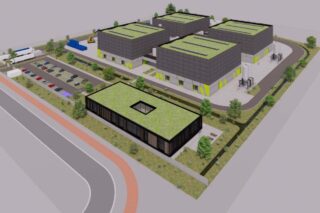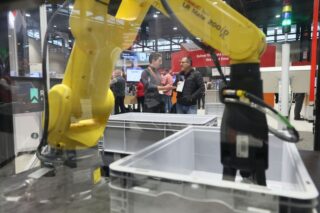After months of speculation about a potential IPO for its robotics business, ABB has chosen a different path. The Swiss-Swedish industrial group announced on Wednesday, yesterday, the sale of its robotics division to Japan’s SoftBank in a deal valued at $5.375 billion (approximately €4.63 billion). The transaction is expected to close in 2026, pending regulatory approval.
A Strategic Refocus for ABB
ABB says the divestment represents a strategic opportunity to combine its leading industrial robotics technology and domain expertise with SoftBank’s state-of-the-art capabilities in AI, robotics, and next-generation computing.
In a statement on their website, Peter Voser, Chairman of ABB said that this move underscores ABB’s ongoing strategy to streamline its portfolio and concentrate on segments where they see higher long-term profitability and growth potential.
“It reflects the long-term strengths of the division, and the divestment will create immediate value to ABB shareholders. ABB will use the proceeds from the transaction in line with its well-established capital allocation principles. Our ambitions for ABB are unchanged, and we will continue to focus on our long-term strategy, building on our leading positions in electrification and automation.”
ABB CEO Morten Wierod explained why SoftBank would be a strong strategic fit:
“SoftBank will be an excellent new home for the business and its employees. ABB and SoftBank share the same perspective that the world is entering a new era of AI-based robotics. The combination of ABB Robotics’ leading technology and deep industry expertise with SoftBank’s state-of-the-art capabilities in AI, robotics and next-generation computing will allow the business to strengthen and expand its position as a technology leader.”
SoftBank’s First Major Foray into Industrial Robotics
For SoftBank, the acquisition marks a major entry into the industrial robotics sector, an area where the Japanese conglomerate has so far played a limited role despite its long-standing enthusiasm for AI and automation. SoftBank’s Vision Fund has historically focused on software, AI startups, and consumer robotics (notably through investments in Boston Dynamics and Pepper).
Masayoshi Son, Chairman & CEO of SoftBank Group Corp., framed the acquisition as part of a broader technological vision:
“SoftBank’s next frontier is Physical AI. Together with ABB Robotics, we will unite world-class technology and talent under our shared vision to fuse Artificial Super Intelligence and robotics — driving a groundbreaking evolution that will propel humanity forward.”
With ABB Robotics, the group gains a proven industrial platform that could serve as a springboard for its ambitions in AI-integrated manufacturing.
Transaction Details and Financial Impact
According to ABB, the sale reflects the long-term strength of its robotics operations and creates immediate value for shareholders. Upon closing, ABB expects a non-operational pre-tax book gain of approximately $2.4 billion, with net cash proceeds of about $5.3 billion, after transaction costs.
Expected separation costs amount to roughly $200 million, with about half already included in ABB’s 2025 guidance. The company anticipates transaction-related cash tax outflows between $400 and $500 million due to local business carve-outs.
As a result of the sale, ABB will restructure its reporting lines: starting in Q4 2025, the Robotics division will be reported under Discontinued Operations. The Machine Automation division—currently paired with Robotics under the Robotics & Discrete Automation segment—will join ABB’s Process Automation business area.
Analysts: A Valuation in Line with Market Benchmarks
Industry analysts view the deal as financially balanced and strategically motivated. Samantha Mou, Senior Analyst for Industrial Robotics at Interact Analysis, told DirectIndustry:
“The deal valued ABB Robotics at $5.4 billion, with an implied FY24 EV/EBITDA multiple of 17.2x, broadly in line with other major industrial transactions (typically 12–18x). Midea’s 15x multiple for KUKA suggests SoftBank is paying a modest premium — negligible given the current AI robotics hype cycle, where emerging players command far higher valuations.”
Mou notes that the valuation sits comfortably within the market range, reflecting both ABB’s strong technology base and investors’ current enthusiasm for AI-enhanced automation.
AI Pressure and Competitive Dynamics
She adds that the divestment likely reflects the growing R&D burden of staying competitive in an AI-driven market:
“Considering the intensive competition in traditional robotics, established manufacturers like ABB will need to lead the charge in AI-driven robotics to protect their margins. However, achieving this will require significant investment. The substantial long-term R&D costs may be a key factor behind ABB’s decision to sell its robotics business.”
Mou believes ABB’s exit could trigger a ripple effect across the industry. She suggests the deal could prompt ABB’s rivals—notably Fanuc, Yaskawa, and KUKA—to accelerate collaborations with AI and software firms, or even bring in new investors, to maintain competitiveness.
“This move may push ABB’s competitors, particularly the other ‘Big 4’ players, to accelerate collaborations with AI and software companies or bring in investors, ensuring they have the resources to stay competitive in the AI-driven robotics space.”
SoftBank’s Challenge: From IT to Industry
While SoftBank has long invested in robotics and AI through its Vision Fund, it has yet to establish a strong track record in industrial robotics. Mou cautions that cultural integration could be a key challenge:
“This deal marks SoftBank’s first acquisition in the industrial robotics area, and it remains to be seen whether its IT-industry culture can effectively integrate with the industrial engineering tradition at ABB Robotics.”
SoftBank’s previous robotics ventures, including humanoid and service robots, have met with mixed commercial success. Industrial robotics, with its long development cycles and engineering complexity, may require a different approach.
A Milestone in the Convergence of AI and Industry
The ABB–SoftBank transaction signals a broader realignment in global industrial technology, where the boundaries between AI, software, and manufacturing continue to blur.
For ABB, it’s a strategic retreat to strengthen its core businesses (electrification, automation, and smart infrastructure). For SoftBank, it’s a bold entry into “Physical AI”—an attempt to turn its AI investment strategy into tangible, productive automation systems.
As the industrial world enters what both companies describe as a new era of AI-based robotics, this acquisition could become a defining moment in the fusion of intelligence and industry.
Read also
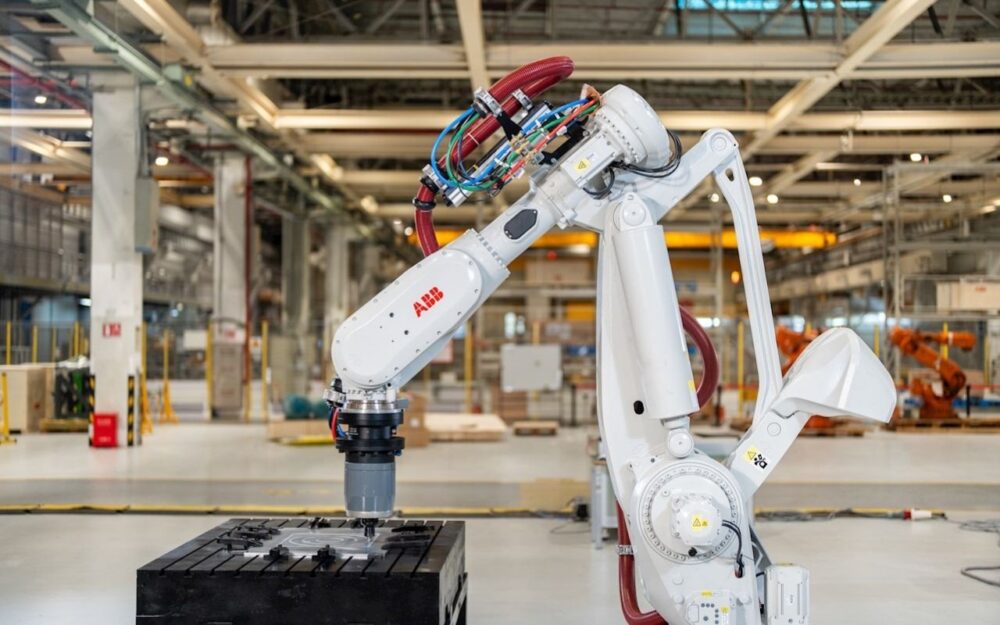



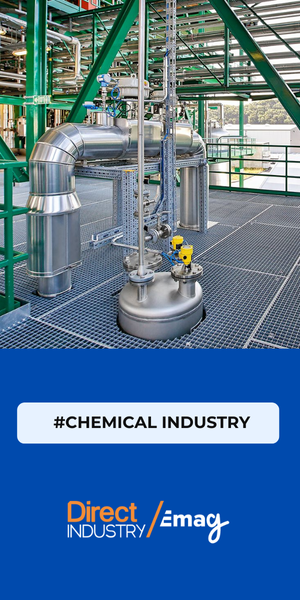
![Image [Best of 2025] How Generative AI Is Transforming Industry](/wp-content/uploads/sites/3/AI-4-320x213.jpg)
![Image [BUYING GUIDE] How to Choose the Right Industrial Robot?](/wp-content/uploads/sites/3/Industrial-Robot-320x213.jpg)
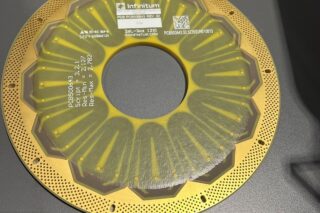
![Image [Buying Guide] How to Choose the Right Safety Shoes?](/wp-content/uploads/sites/3/Safety-Shoes-320x213.jpg)
